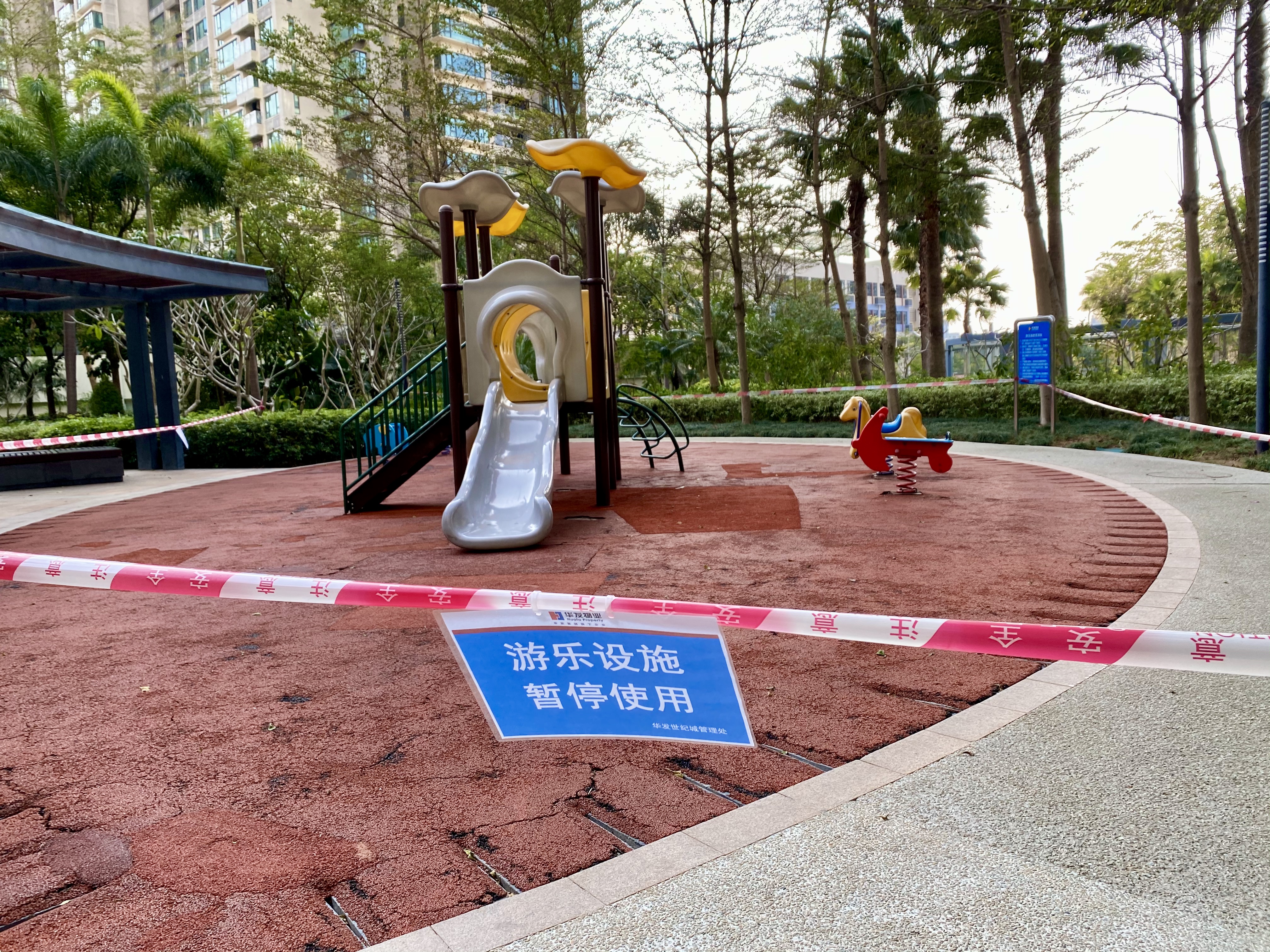Int’l ITC Files Brief Asking US Supreme Court to Review Adverse Decision

Impression Products to Appeal to the US Supreme Court
By Tricia Judge, Int’l ITC
The International Imaging Technology Council (Int’l ITC) has once again filed a friend-of-the-court brief in the case of Impression Products v. Lexmark Int’l Inc. v. Ink Technologies Printer Supplies, which is being considered for review by the U.S. Supreme Court.
 Impression Products is appealing the recent decision by U.S. Court of Appeals for the Federal Circuit, which favored Lexmark’s practices of controlling its cartridges after the first sale.
Impression Products is appealing the recent decision by U.S. Court of Appeals for the Federal Circuit, which favored Lexmark’s practices of controlling its cartridges after the first sale.
Lexmark wasted no time in contacting previous remanufacturers that it has sued to find out if they are abiding by the law as set forth by the Federal Circuit Court of Appeals. So far, no letters have been reported being received by remanufacturers who weren’t part of Lexmark’s earlier litigation, but the chilling effect on the industry is palpable.
Lexmark’s action further underscore the need for the U.S. Supreme Court to hear Impression Products’ appeal, and even more the need for the Int’l ITC to support its efforts. I believe that the U.S. Supreme Court needs to hear this case to clear up the confusion that the lower court’s decision created for commerce, and if they do agree to hear the case, that the lower court decision is likely to be overturned in favor of the aftermarker.
The Federal Circuit decided en banc in February to retain its long-standing rule that overseas sales of a product don’t exhaust a patent owner’s right to sue in the U.S., concluding that a 2013 U.S. Supreme Court decision that foreign sales exhaust copyrights has no impact on patent law.
The Supreme Court has routinely been overturning patent holders’ positions supported by the federal circuit. It overturned existing copyrights in items first sold overseas in the 2013 Kirtsaeng decision. In 2008, the ruling in Quanta held that the first sale exhausts all domestic patent holders’ rights, potentially overturning several precedents relied on by Lexmark, such as the single-use case of Mallinckrodt, in question.
This is the fifth amicus brief filed by the Int’l ITC in support of free trade in imaging supplies. The other three were filed with the U.S. Supreme Court level and are available to Int’l ITC members at www.i-itc.org. The Int’l ITC wants decision makers at all levels of government to know about the importance of our industry. These briefs convince judges of the importance of a fair and open marketplace for imaging supplies.
At issue in the case is whether a manufacturer of original computer printers and consumable supplies can impose a patent license on new cartridge buyers to thwart competition from remanufactured used laser toner cartridges.
Patent law has a principle of patent “exhaustion” – sometimes called the “first sale” doctrine – that a patent owner who authorizes the sale of a patent product cannot impose post-sale patent restrictions on use or disposition of the product. After an authorized sale, further use, resale, or repair/reconditioning of the product does not infringe patents embodied in the product. In 2008, this principle was reaffirmed by the Supreme Court in Quanta Computer, Inc. v. LG Electronics, Inc. Int’l ITC and two automotive industry remanufacturing associations submitted a friend of the Court brief in that case supporting that principle, as well.
However, Lexmark has continued to labels its toner cartridges (on the cartridge and on the outside of the box) with a “patent license” that purports to prevent purchasers from having the cartridge remanufactured or recycled by anyone but Lexmark. Lexmark has sued dozens of remanufacturers for infringement claiming that the “license” avoids patent exhaustion. Since Quanta, two district courts have sided with remanufacturers, finding that Lexmark’s authorized cartridge sales exhausted any patent rights against post-sale uses. Lexmark is now appealing that issue to the Federal Circuit.
In the brief, the Int’l ITC opposes any resurrection of the “conditional sales” cases discredited by Quanta, and reaffirming that otherwise lawful remanufacture cannot be thwarted by post-sale patent license conditions.
The brief also outlines policy arguments describing what remanufacturing services do, their contributions to the U.S. economy and job market, their pro-competitive effects on pricing and product availability, and their beneficial impact on the environment. It also argues that Lexmark’s interpretation of the law is a threat to the consumer’s right to repair its property, and promotes anti-competitive behavior.
The case has serious import for all remanufacturing industries, and “robust commerce” in general. The Auto Care Association joined Int’l ITC in the submission of the brief, written by attorney Seth Greenstein.
To download a copy of the brief, members can access it here.
The Int’l ITC is the non-profit trade association that represents remanufacturers and recyclers of toner and inkjet cartridges, as well as their dealers. Printer cartridges are remanufactured when worn or exhausted parts are restored or replaced; and the final product performs like the original new one. The Int’l ITC also administers the STMC quality program that certifies cartridge remanufacturers that achieve tested quality and performance. Toner and ink jet cartridge remanufacturing grew as a trade and now represents a $4.5 billion industry.
(Source: Int’l ITC)




Leave a Comment
Want to join the discussion?Feel free to contribute!